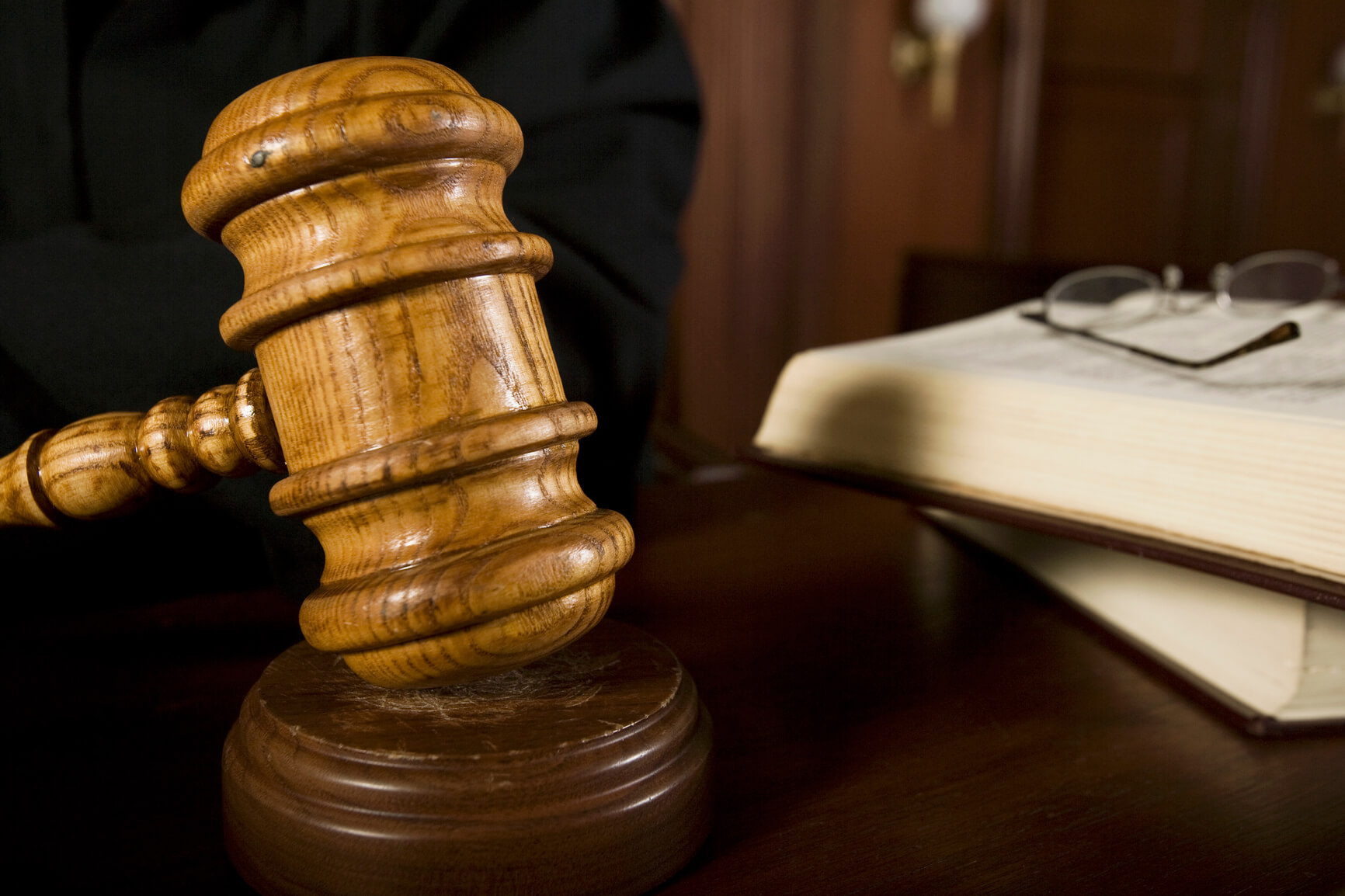Personal Injury Lawyers
Personal injuries can come in all shapes and forms. However, even after a minor injury, you’re very likely to be scared, confused, or experiencing other sorts of emotions. The steps you take following a personal injury, however, can determine the success of your lawsuit. That’s why there are some tips that can make the process easier.
Seek Medical Attention Immediately
Following a personal injury, your first objective should be to seek medical attention. Even if you believe you only have minor damage, some injuries can be internal. Preferably, it’s recommended to gain medical attention as soon as the incident occurs. This may include needing to call 911 and having them dispatch an ambulance and/or EMTs. Most insurance companies recommend seeking medical attention within 72 hours after the incident occurs. However, the sooner the better.
Don’t Discuss Your Case
Whether you’re waiting to hear back from the insurance company about your claim or you’re starting to file your lawsuit, you should remain silent about the case. The only people that you should speak about your case to are your doctor and your attorney.
If you do need to talk to other parties–like another attorney or insurance agents–you’ll want an attorney by your side. Even in the case of law enforcement, you will want your attorney present.
Anyone else you shouldn’t speak to about your case, including co-workers and even family members. While it’ll be tempting to keep your close ones in the loop especially when significant damages are involved, it’s best to remain as silent as possible.
Mistakenly giving your opinion on the issue while your case is still under investigation can end up harming your chances of winning. You can let your loved ones know that an accident occurred, but that you’re unable to discuss the full details. Keep things off social media as well, including photographs.
Start Gathering Evidence
For a personal injury case, you and your attorney need to prove that the accident was caused by another party’s negligence. In order to do so, you’ll need to gather the necessary evidence and documentation. Some examples of this may include:
- Medical records
- Police reports
- Testimonies provided both by you and other parties present
- Pictures taken of the incident and damages sustained
These are common examples of evidence, but your lawyer might help you gather additional evidence that can come in handy:
- CCTV footage of the incident when applicable
- Testimonies given by experts including doctors or accident reconstructionists
Have An Attorney on Your Side
Having an attorney on your side can greatly help your case. Not only can a lawyer help you file your case, but they can also negotiate with the insurance companies to ensure you get the right compensation and justice you deserve. Unfortunately, many insurance companies will try to take advantage of a victim by offering them an inadequate amount that doesn’t cover their immediate and future expenses.
The right attorney will fight for you and on your behalf. Our friends at Greenspan & Greenspan P.C. have personal injury lawyers that can help.








